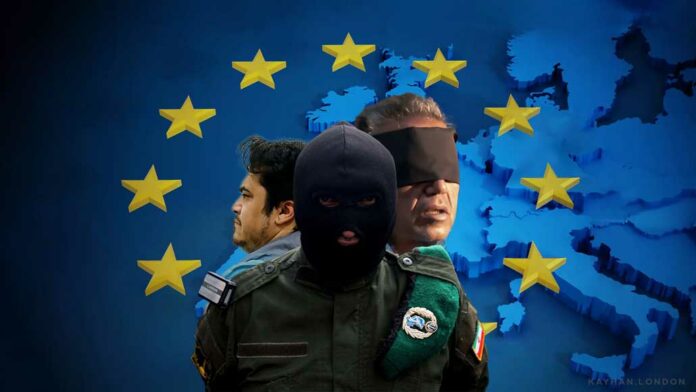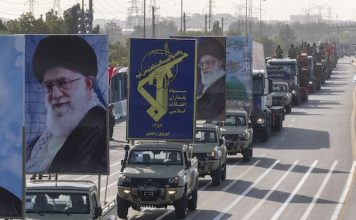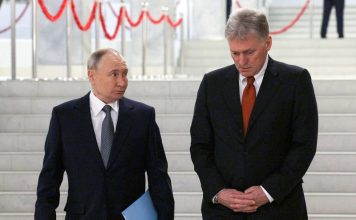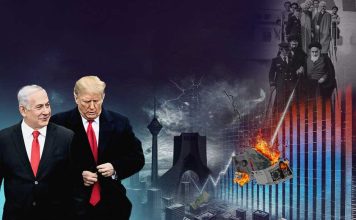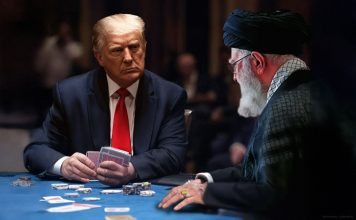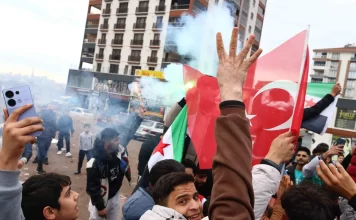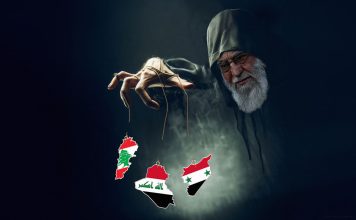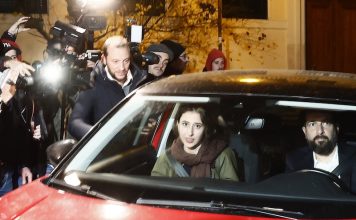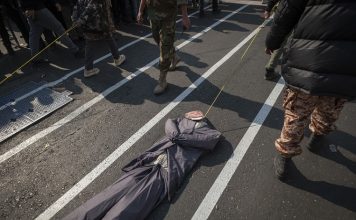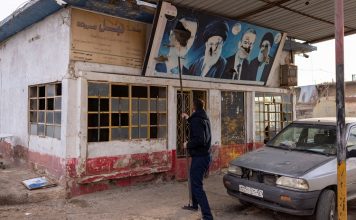Iran is being accused of interfering with the internal affairs of Western governments as it responds to their treatment and sentencing of senior Iranian officials.
Last month, a Swedish court sentenced former Iranian government official Hamid Nouri to life imprisonment for war crimes. Nouri received the verdict on July 14 for his role in the execution of thousands of political prisoners in Iran in 1988.
ANALYSIS: Hamid Nouri’s Life Sentence Is A Condemnation of Iran
In the days leading up to the sentence, the Iranian government threatened to execute the Swedish scientist Ahmadreza Djalali, detained in Iran on alleged spying charges, if Nouri was not released. Tehran called the trial illegal and warned that a sentence would harm bilateral ties with Sweden. And on July 30, Iran said it had arrested a Swedish tourist travelling in Iran.
The announcement was viewed by human rights groups as a form of retribution for the verdict.
“The Islamic Republic has had a broad and sustained campaign of meddling across Western nations for decades,” said Behnam Ben Taleblu, a senior fellow at Washington-based think tank the Foundation for Defence of Democracies (FDD). “This long arm is as diverse as the threats emanating from Tehran itself to include terrorism, money laundering, cyber enabled economic warfare, attempted electoral interference and assassination.”
“Iran has constantly sought to use innocent persons, be they dual nationals or foreign citizens visiting Iran, as a pawn to adjudicate claims against the West. Innocent people are being weaponized in a crass attempt by Tehran to block accountability,” Taleblu told Kayhan Life.
ANALYSIS: How Hostage Taking Is An Integral Part of Iran’s Foreign Policy
Meanwhile in New York, a man carrying an AK-47 rifle and behaving suspiciously outside the home of Iranian dissident and gender equality advocate Masih Alinejad was arrested on July 28, stoking concerns that Tehran was plotting to assassinate the campaigner.
The arrest followed an alleged attempt last year to kidnap Alinejad. The plot was foiled by the Central Intelligence Agency (CIA), leading to four men believed to be members of Iran’s intelligence network being charged on July 14.
Responding to the arrest in an interview with CNN, Alinejad told the Iranian government to “Go to hell,” and added: “I’m not scared of you. You can kill me, but you cannot kill the idea. The idea is just fighting for freedom.” Alinejad called on US President Joe Biden to expel all Iranian diplomats from the country, and warned that otherwise, more Americans would be targeted on US soil.
Please listen to this interview on CNN and be my voice. Last week Iranian regime arrested anti compulsory hijab women inside Iran and tortured them to denounce themselves and me on state TV. Now they send a man with loaded AK-47 in New York to kill me.
— Masih Alinejad ?️ (@AlinejadMasih) August 1, 2022
US Security Advisor Expresses Concern Over Iranian-American Gender Equality Advocate’s Safety
Iran faces continuous accusations of detaining foreign and dual nationals to gain political leverage while negotiating deals with Western states.
On July 21, Belgium’s parliament approved a prisoner exchange between Belgium and Iran, a move that was met with strong criticism by Belgian lawmakers and Iranian opposition groups. The agreement — which has yet to be approved by Iran’s parliament — would likely see the release of Assadollah Assadi, an Iranian diplomat convicted of attempting to bomb an opposition rally in Paris, in exchange for that of the detained Belgian aid worker Olivier Vandecasteele. Brussels believes that the agreement is the only way to secure Vandecasteele’s freedom.
Several Belgian lawmakers and Iranian opposition groups have warned that the treaty would embolden Tehran in its hostage-taking practices, and weaken Brussels.
“Should Western states like Belgium think their latest law will empower them and defend their nationals, they would be gravely mistaken. The law offers a glide path for actors like the Islamic Republic to further their campaign of hostage taking, an act which is as old as the regime itself,” Taleblu said.
Some think tanks go still further and see the agreement as an encouragement of terrorism.
“We believe this week’s treaty will have two devastating results. The first of these will be more attacks,” wrote Cameron Khansarinia, the policy director for Washington-based the National Union for Democracy in Iran, and Kaveh Shahrooz, a senior fellow at Canada’s Macdonald-Laurier Institute, in a Politico opinion piece.
“With the knowledge that prisoner swaps are an easy option, Tehran will now instruct more ‘diplomats’ and other operatives to engage in terrorism,” they wrote in the Aug. 1 column.

